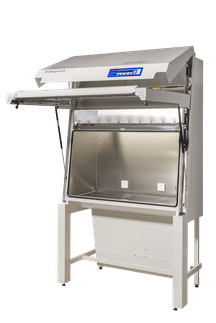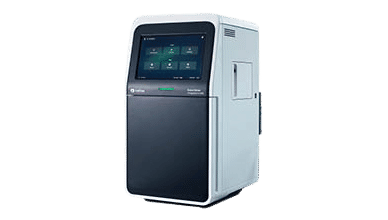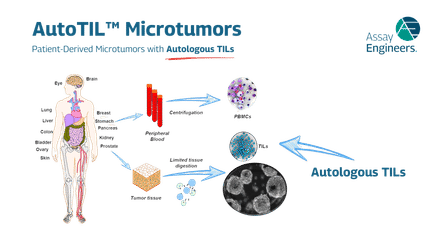To use all functions of this page, please activate cookies in your browser.
my.bionity.com
With an accout for my.bionity.com you can always see everything at a glance – and you can configure your own website and individual newsletter.
- My watch list
- My saved searches
- My saved topics
- My newsletter
Edwin Joseph CohnEdwin Joseph Cohn (17 December 1892 – 1 October 1953) was an early protein scientist. A graduate of Phillips Academy, Andover [1911], and the University of Chicago [1914, PhD 1917], he made important advances in the physical chemistry of proteins, and was responsible for the blood fractionation project that saved thousands of lives in World War II. Product highlight
Blood fractionation projectCohn became famous for his work on blood fractionation during World War II. In particular, he worked out the techniques for isolating the serum albumin fraction of blood plasma, which is essential for maintaining the osmotic pressure in the blood vessels, preventing their collapse. Transfusions with purified albumin on the battlefield rescued thousands of soldiers from shock. After the war, Cohn worked to develop systems by which every component of donated blood would be used, so that nothing would be wasted. On Cohn's office blackboard was inscribed a quotation from Goethe's Faust: "Das Blut ist ein ganz besonderer Saft." (Blood is a very special liquid.) Physical chemistry of proteinsCohn is also well-remembered for his studies of the physical chemistry of proteins, particularly his general "salting out" equation for protein solubility (1925)
where Kp is the protein solubility constant and αS and βS are constants characteristic of the particular ion S whose concentration (or, more correctly, activity) is [S]. Cohn was a long-time collaborator and friend of another important physical chemist, George Scatchard. A most important bookIn 1943, Cohn and John Edsall published Proteins, Amino Acids and Peptides, a book that summarized the known physical chemistry of proteins and deeply influenced succeeding generations of protein scientists. PersonalityCohn was an excellent project leader, being driven, ambitious, and extremely well-organized. He also had a keen taste in people and scientific projects and could sense when either would be successful. The success of the blood fractionation project was due in great part to his management, and he can be considered responsible for saving thousands of lives. Cohn was also selfless in the best (and worst) scientific tradition. For example, he would often give public demonstrations of the blood fractionation machine, in which he would fractionate his own blood on the stage during the lecture. In one such lecture, at the Instituto Superior Technico in Lisbon, the machine became blocked (without Cohn's knowledge) and exploded, showering the first few rows of the audience with Cohn's blood. Cohn maintained his sangfroid, however, and continued his lecture without significant interruption. More generally, Cohn drove himself relentlessly and ignored his doctors' advice to cut back on working because of his high blood pressure (which finally killed him). However, Cohn was also well-known for being harsh and demanding of his subordinates, being something of a martinet. Historical datesEdwin J. Cohn was born on 17 December 1892 in New York City to Abraham and Maimie Einstein Cohn. Cohn died on 1 October 1953 in Boston, of a stroke brought on by hypertension caused by an undiagnosed pheochromocytoma. References
|
|
| This article is licensed under the GNU Free Documentation License. It uses material from the Wikipedia article "Edwin_Joseph_Cohn". A list of authors is available in Wikipedia. |







